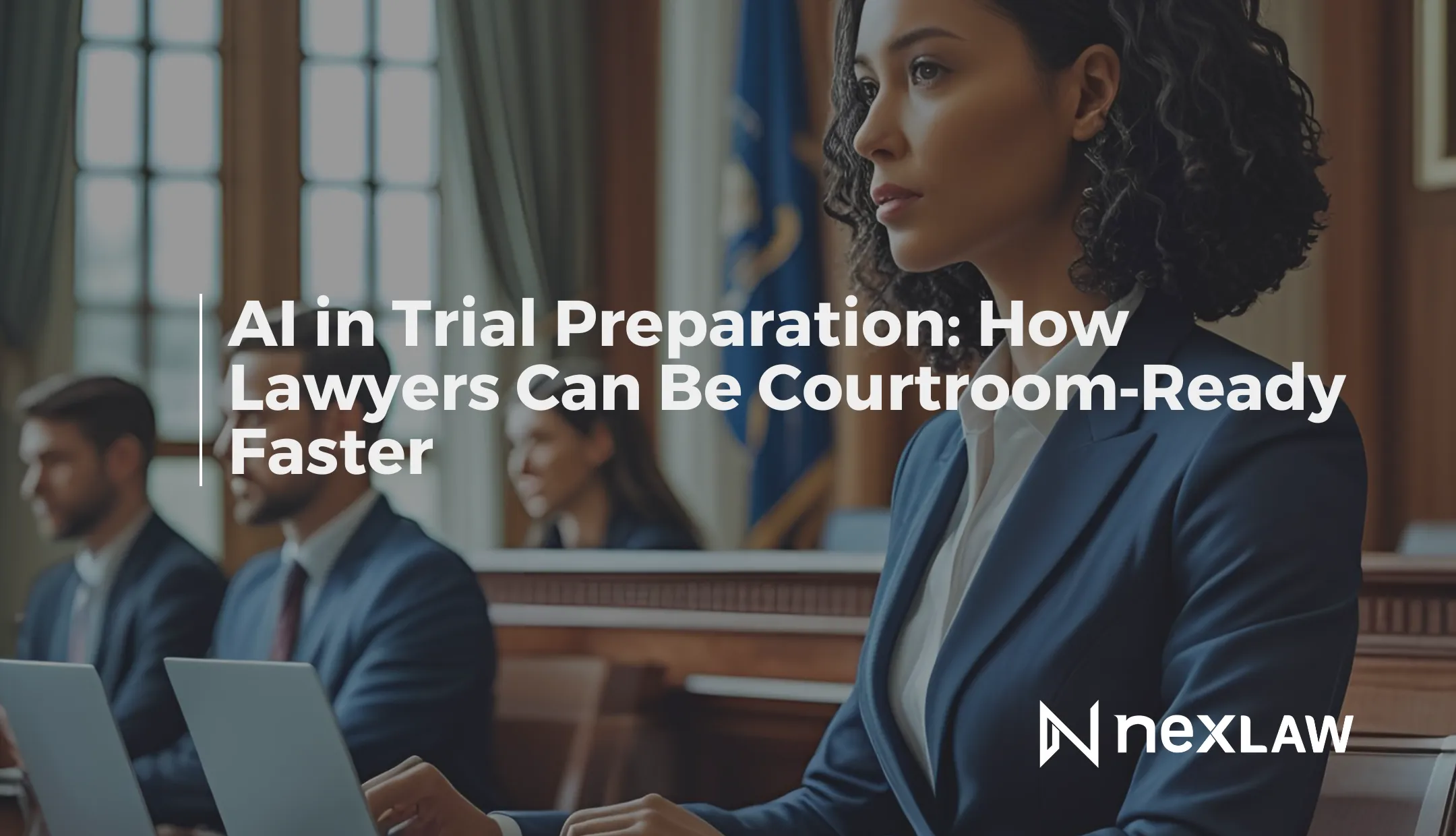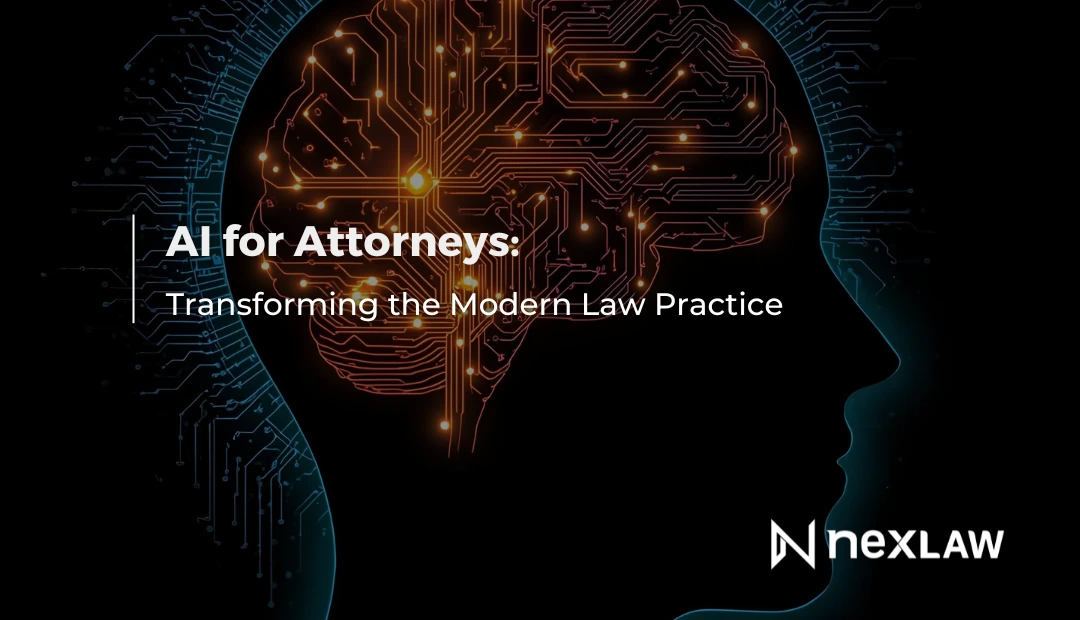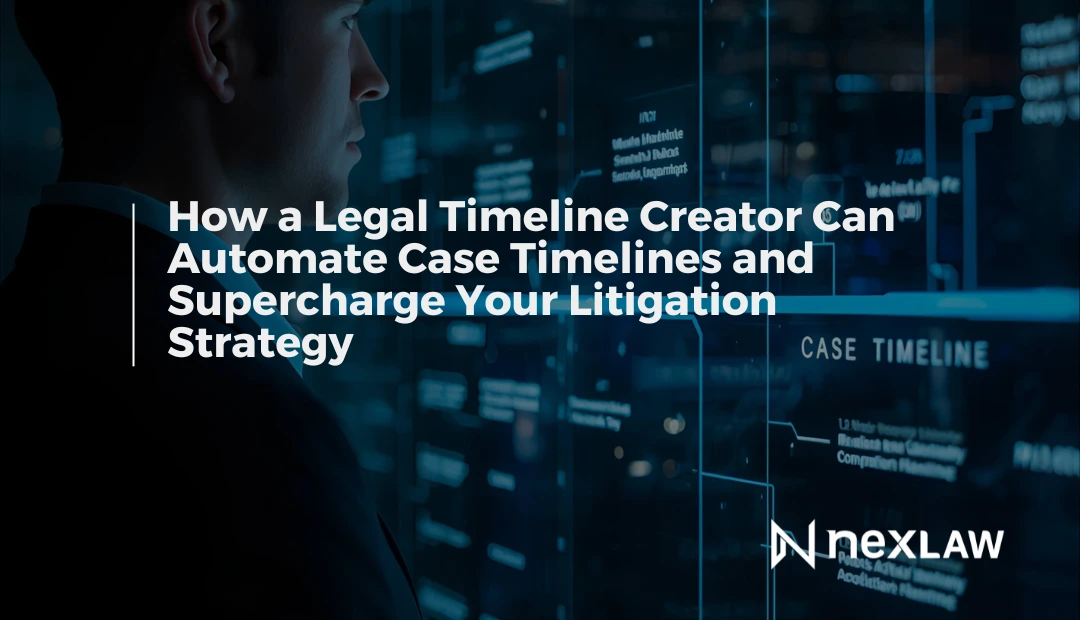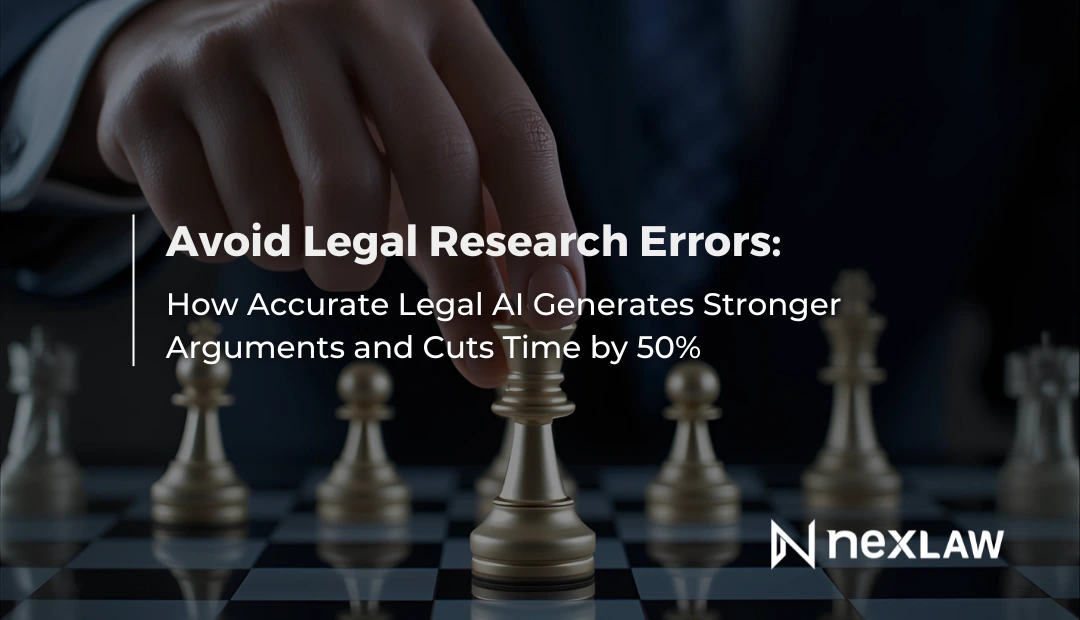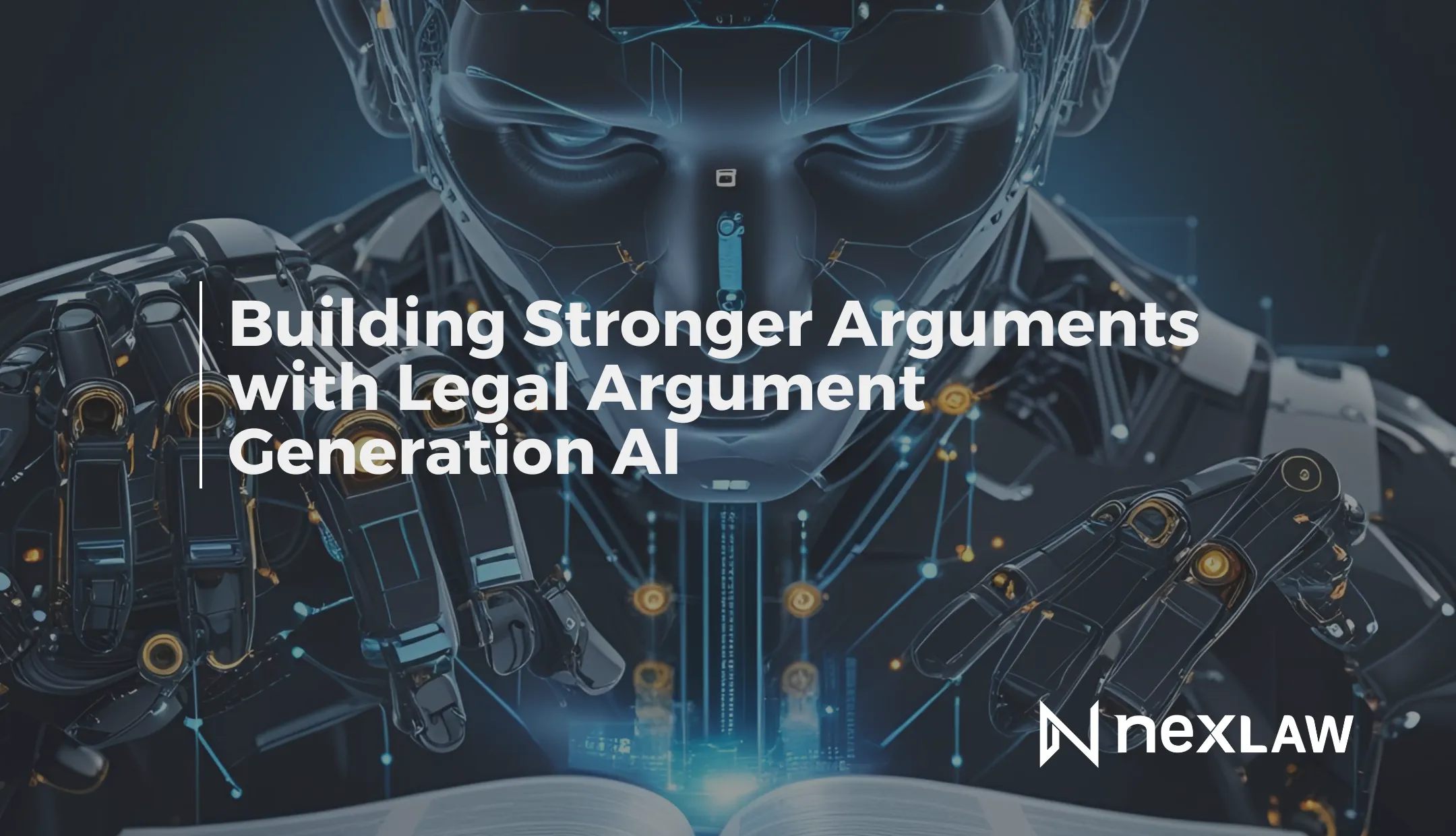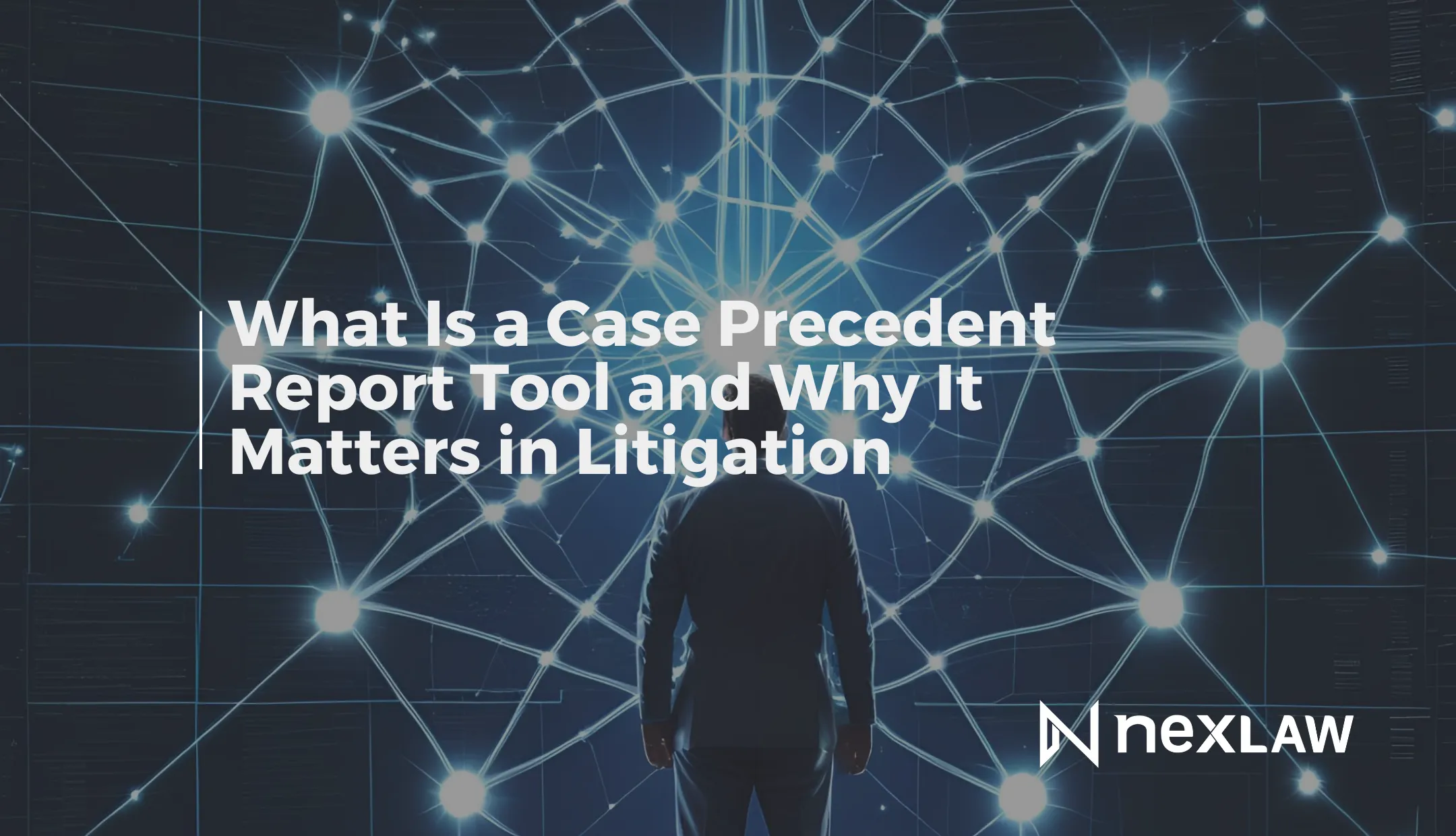AI in Trial Preparation: How Lawyers Can Be Courtroom‑Ready Faster
The Growing Challenge of Trial Preparation
For U.S. litigators, trial preparation has always been one of the most demanding aspects of practice. Between reviewing thousands of discovery documents, analyzing depositions, drafting motions, and ensuring compliance with evidentiary rules, attorneys often find themselves buried under weeks - or even months - of work.
Unlock Legal Insights Instantly!
But things are changing. Advances in artificial intelligence (AI) are reshaping how legal teams prepare for trial. By automating key tasks such as document review, case summarisation, and precedent analysis, AI is helping lawyers walk into the courtroom faster, better prepared, and with more strategic clarity.
Why AI in Trial Prep Matters Now
The legal community is paying close attention to both the promises and challenges of AI. Courts and bar associations have underscored that while AI can accelerate legal work, attorneys remain responsible for the accuracy and integrity of filings. Recent cases have shown the risks of relying on generic AI tools without verification, including the submission of fabricated citations.
The lesson is clear: AI can dramatically improve trial preparation, but only when used responsibly, with the right safeguards in place.
Key Areas Where AI Speeds Trial Preparation
1. Rapid Document Summarisation
AI tools can scan discovery materials and generate clear, digestible summaries in minutes. This allows attorneys to focus on legal strategy instead of repetitive review.
2. Precedent & Case Law Analysis
By combing through federal and state databases, AI ensures no controlling case is overlooked. Reliable citation support also reduces the risks of costly errors.
3. Motion & Brief Drafting Support
AI-powered drafting assistance helps lawyers prepare well‑structured, citation‑ready motions and briefs that comply with court rules.
4. Opposing Counsel & Judge Profiling
Predictive analytics can provide insights into judicial tendencies and opposing counsel strategies, helping attorneys refine arguments and anticipate challenges.
The ROI of AI in Trial Prep
Law firms that adopt AI report significant improvements in efficiency and accuracy. Many attorneys say they can handle more cases in less time, while reducing the risk of oversight. The result is not just cost savings, but also stronger client service and a competitive edge in litigation.
As many judges and legal experts note, attorneys are increasingly expected to use technology competently, those who don’t risk falling behind in both efficiency and accuracy.
Ensuring Compliance and Professional Responsibility
AI is a powerful tool, but it doesn’t replace professional responsibility. Attorneys remain bound by Rule 11 obligations and the ABA’s Model Rules, which emphasize technological competence.
That’s why AI tools designed specifically for litigation, like NexLaw AI, emphasize:
- Transparent, verifiable citations
- Disclosure‑ready audit trails
- Oversight features that align with ethical and compliance standards
With these safeguards, lawyers can embrace AI confidently, knowing their practice remains both effective and compliant.
Conclusion & Next Steps
The message is clear: AI in trial preparation is no longer optional, it’s a competitive necessity. When paired with safeguards for compliance and accuracy, it allows litigators to step into the courtroom more prepared, more confident, and better equipped to serve their clients.
Ready to see the difference for yourself? You have two ways to get started:
- Book a Guided Demo — Our team will walk you through NexLaw AI, showing exactly how it can streamline your trial preparation and keep you compliant. Perfect if you want to see real‑world examples in action.
- Start a Free 3‑Day Trial — Prefer to explore on your own? Test NexLaw AI risk‑free and experience firsthand how it accelerates case preparation.
